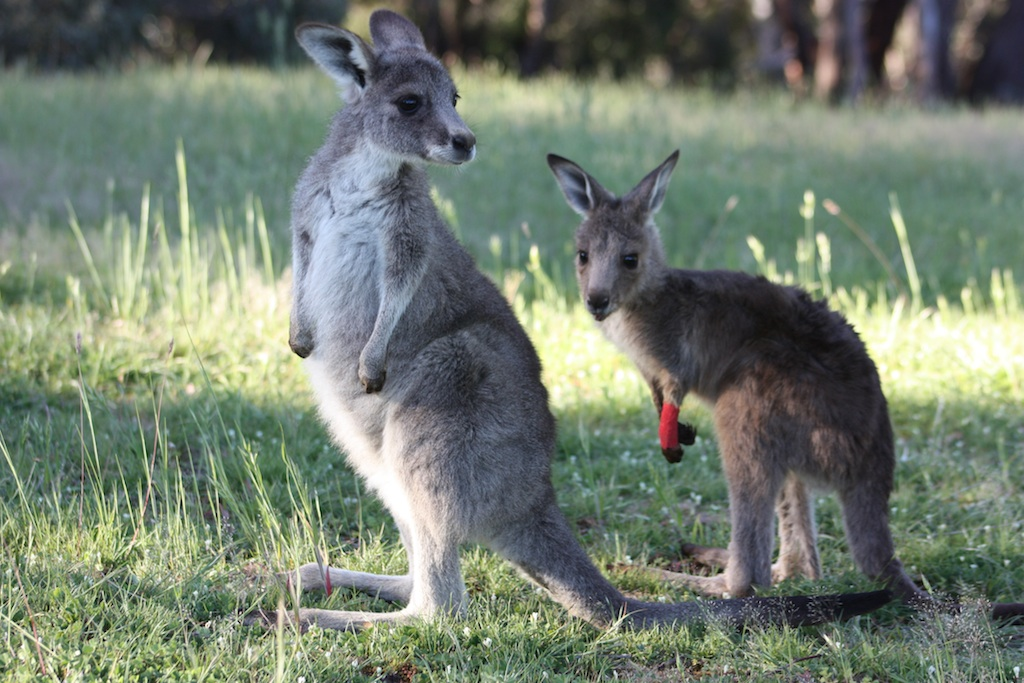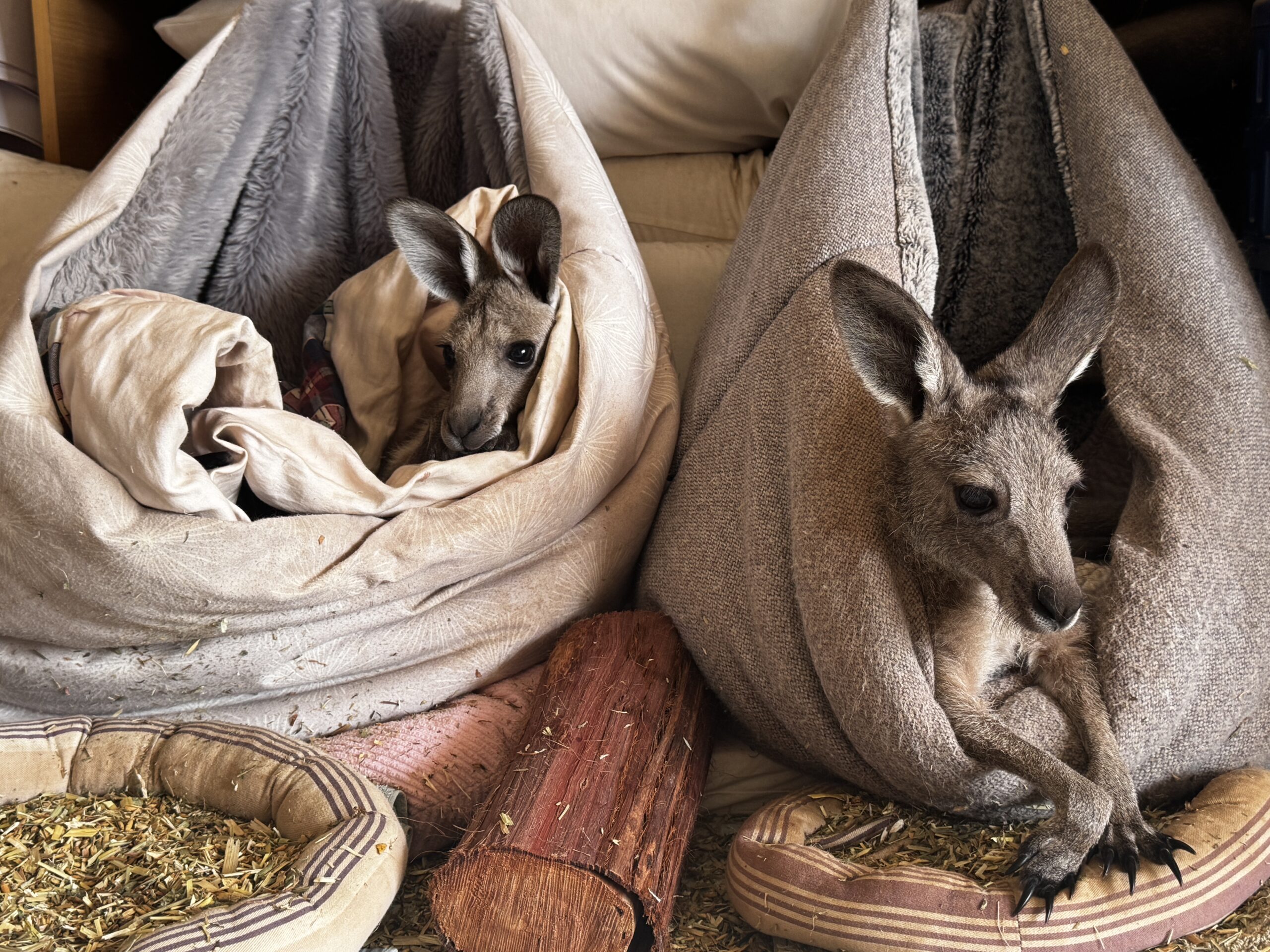Data on NSW licencing reveal the extent of Government-sanctioned destruction of native animals in the state | Conservation groups and wildlife carers to provide evidence of the extent of cruelty at inquiry into licensed killing SYDNEY (5 February, 2026)—Humane World for Animals Australia (previously Humane Society International Australia) will...
In an interview with British journalist and animal advocate Piers Morgan, President Trump has confirmed that he has directed his administration to ban the import of hunting trophies from African elephants and other rare wildlife from Zimbabwe and Zambia.
This is the best single action the President has taken on animal welfare in his office, and contradicts the maneuver from the U.S. Fish and Wildlife Service to resume imports of hunting trophies and give the green light to American hunters to target these animals. The president called the decision by the individual who authorised the overturn of the ban “terrible.”
In November, after Trump learned about a U.S. Fish and Wildlife Service decision to allow imports of tusks and heads of elephants and lions from two African countries, he called for putting a hold on the decision, calling trophy hunting of elephants and other animals “a horror show.” In December, a U.S. Court of Appeals held that the process the Fish and Wildlife Service used to authorise the imports of elephants and lions from Zimbabwe and Zambia was invalid, and The Humane Society of the United States (HSUS) has filed a lawsuit to ensure that those decisions are taken off the books.

In early December 2017, The HSUS commissioned a national survey that revealed 78 percent of American voters are opposed to elephant and lion imports.
African elephants and African lions are protected species, and their populations have been in steep and steady decline, as a consequence of a variety of human-caused factors, including trade in the parts of these animals. If American trophy hunters cannot import the heads, tusks, and hides of the animals, they are unlikely to kill them in the first place.
Keeping elephants and lions alive is a key to economic progress in so many African nations. Millions of tourists trek to natural areas throughout Africa to see elephants, lions, and the extraordinary wildlife on the continent, collectively contributing billions to the economies of wildlife-rich nations. Trophy hunters, who are dramatically fewer in number than wildlife watchers, generate minuscule dollars in relative terms. What’s more, trophy hunting robs these nations of their greatest resources, diminishing the wildlife-watching experiences of so many tourists. Any U.S. sanctioning of trophy hunting sends a particularly contradictory message at a time when the world has been rallying to save elephants and lions.
A number of African nations, including Botswana, Kenya, and Rwanda, ban all trophy hunting.
In early December 2017, The HSUS commissioned a national survey of American attitudes, revealing that 78 percent of American voters oppose elephant and lion imports, with 15 percent taking a contrary view. Those trophy imports are opposed by 76 percent of Republicans, 84 percent of Democrats, and 75 percent of non-partisan voters.
We hope the Trump administration will forbid elephant and lion imports from all other African countries where American trophy hunters kill these animals for their tusks, and that includes Cameroon, Mozambique, Namibia, South Africa, and Tanzania.
A special thank you to all Australian supporters who signed our petition asking the Trump Administration to keep the ban in place.


